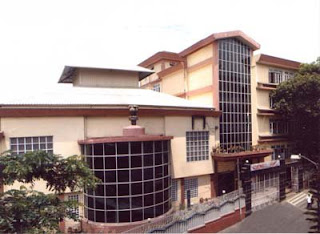By Adam Halliday
Aizawl, Aug 23 : Two days was the grand duration of the Mizoram monsoon session this
year, a statistic that added little to the already low total number of
sittings by the state's sixth legislative Assembly.
Elections just a few months away, this 40-member House has sat just 106 days over five years (or 20 days a year), barely two-fifths of the recommendation for a legislature its size.
The two-day session on July 23 and 24 saw much of the time divided between a rather lengthy obituary session for three former legislators, some business transactions and a closing chapter where a veteran politician announced his retirement from active politics and then treated everyone to lunch.
On day one, just three of the 20 starred questions were replied to on the floor. On the second day, just five of 20. About two dozen reports were laid and three Bills introduced.
But then the truncated Assembly session was unsurprising — a recent report pointed out that 2001 saw 24 days of sessions, 2005 17 days and 2010 just 14. The same report quoted Speaker R Romawia as saying: "If the government has more businesses to be deliberated, then the sessions would be prolonged."
Evidently, that need hasn't been felt. A fair understanding of the number of laws in the state may be gleaned from a quick glance at the 'Local Acts and Rules' page on the website of the Aizawl District Court (Mizoram doesn't have own high court): 11 Acts, 10 rules, two regulations and manuals each, and one scheme and policy each.
Says former Parliamentary Affairs minister F Malsawma: "We have not really had leaders of the House who are strong lawmakers. The actual making of laws is something we still want for, and that leads to a situation where very little business needs to be deliberated by the legislature."
Mizoram is far from the only state to have such a low average in sittings of the House. Best performer Gujarat only manages about 31 sittings a year. However, the people of a state that departs from the rest of the Northeast in eschewing violence can be forgiven for feeling cheated. Ruled till the second quarter of the 20th century by tribal chiefs, they have enthusiastically embraced the vote.
In the first state elections in 1987, 74 per cent voted. In the 2008 elections, it went up to 82 per cent.
Adam is a principal correspondent based in Aizawl adam.halliday@expressindia.com








0 comments:
Post a Comment